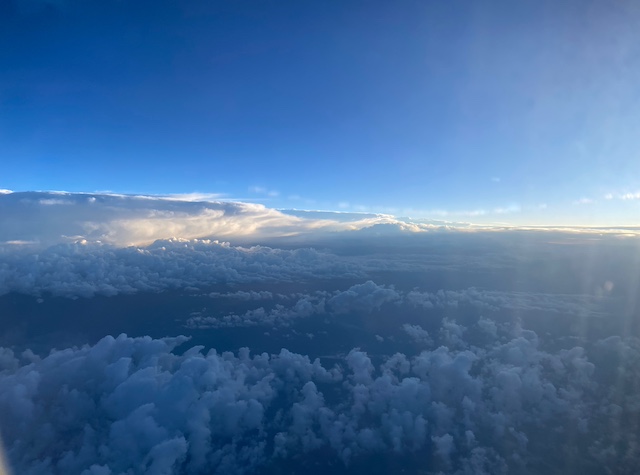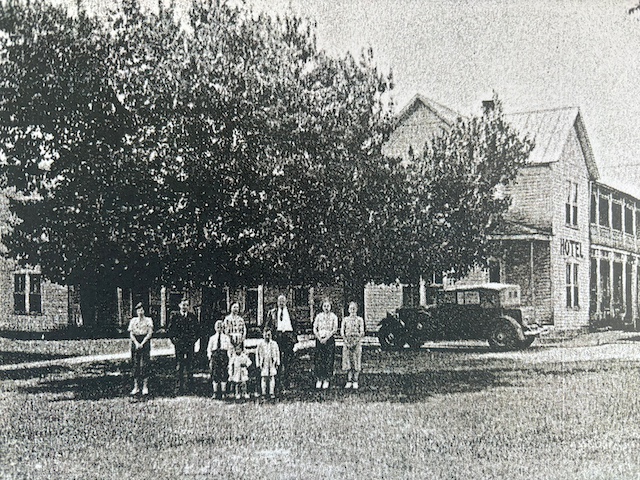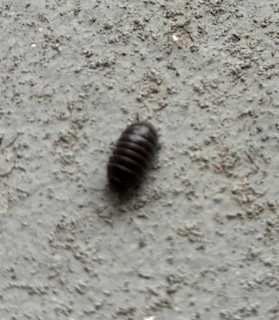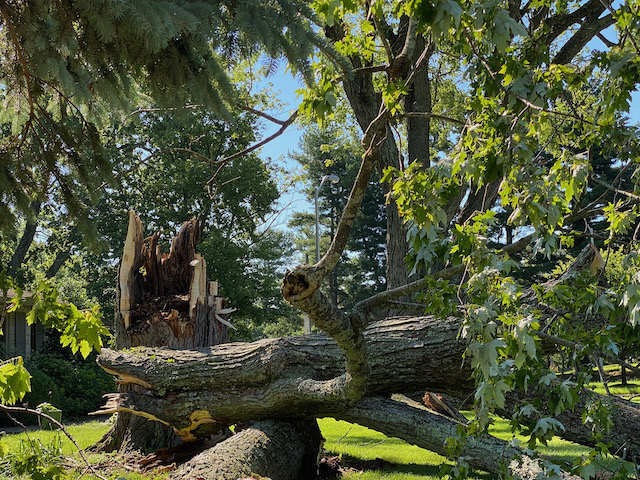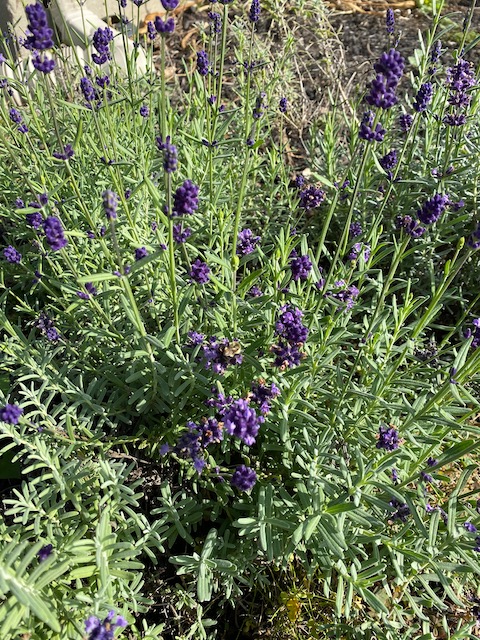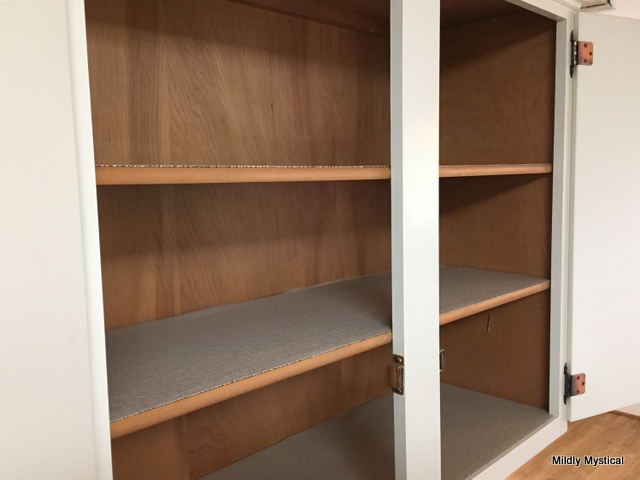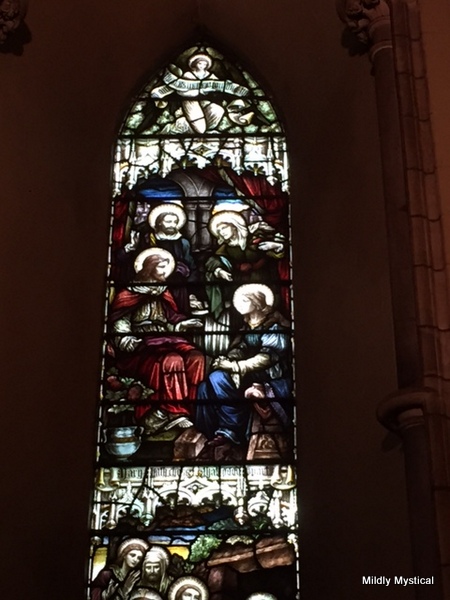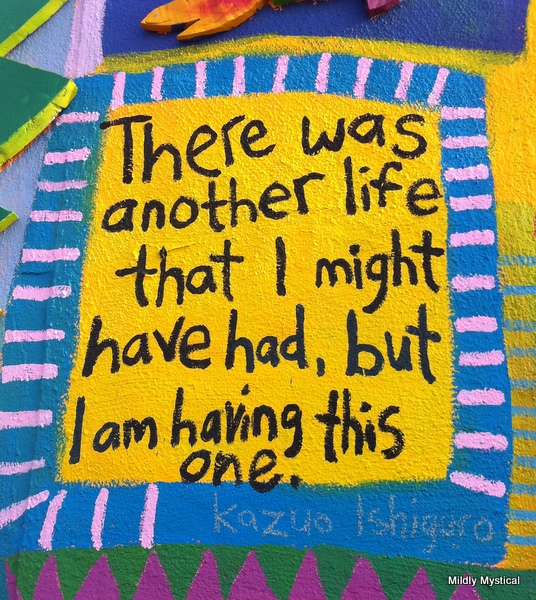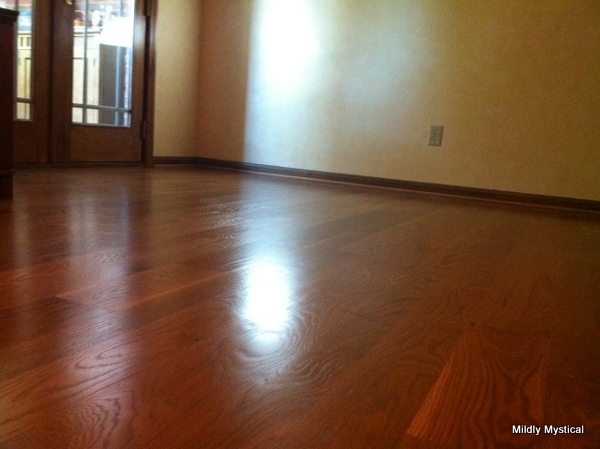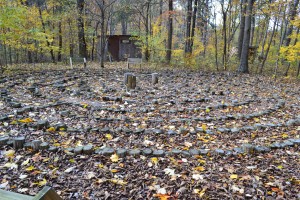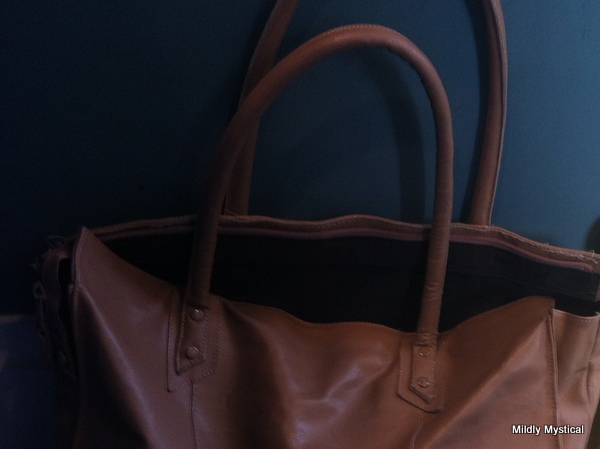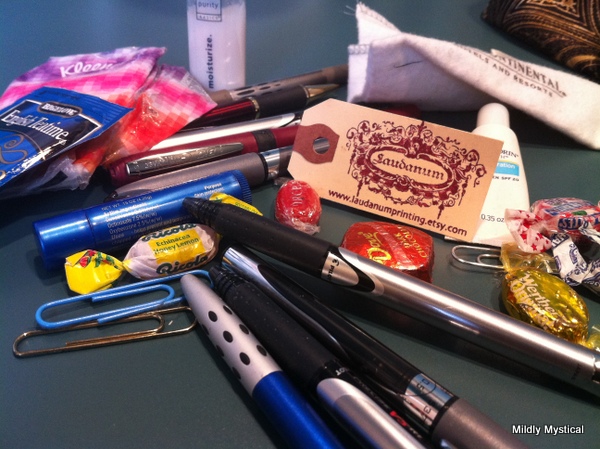Friends have always mattered, but I’m particularly aware of how important they are right now. When the outer world is in upheaval, stirring up fear and anxiety within, the people whom we love and trust help steady us with their presence. Wise friends make it easier to calm the distracting agitation, hear the inner voice of wisdom, and act in a way that truly serves life.
A few days ago in the company of a trusted friend, I found myself releasing tears that I didn’t even know were there. I had no idea of the weight I carried until the shelter of our friendship allowed me to feel safe enough to acknowledge it. Feeling loved allows us to open our tender hearts. Each of us is carrying more than we know. Recognizing the state we’re in is how we release the burden of our human woundedness into the healing light.
Being aware of our inner state also helps us recognize both positive and negative aspects of ourselves, and to make decisions informed by what is best in us. It helps us recognize the difference between being manipulated and being informed. It allows us to know when our actions come from a place of clarity and wisdom, and when we’re being driven by destructive emotions and blinded by a too-narrow focus.
Outrage and judgment, grief and despair, are natural human emotions arising in many of us in response to the kind of leader this country has chosen to elevate. It’s important to make space in ourselves for these genuine emotions, and it is also important not to cling to them. We can allow emotion to move through us without our being consumed by it.
This is important, because however appropriate these emotional states may feel, they cannot sustain us. Neither can the agitation of an anxious mind, with its anticipation of doom and plans for catastrophe. We need a more steady source of fuel that does not burn us out. We need a connection to the quiet center within. The onslaught of analysis and outrage distracts us from connecting to the deeper wisdom that lets us know the next right step that is ours to take.
Many of us feel dismay at the prospect of dismantled safeguards and deconstructed institutions that may occur in the coming months. Nonetheless, the values that gave rise to those structures remain. Values such as education, justice, civility, and kindness are strengthened and preserved in the lived experience of individual people. We have the power to guard them at the micro-local level where we live our lives.
We all have a choice in where to place our attention and energy. I have limited ability to effect change at the national level, which is the focus of most news reporting. There are others in a better position than I to navigate those political waters; perhaps I can find ways to support them. Yet I do have agency. I trust that each of us has important work to do right where we are. In fact, that is the only place where we can work.
The fabric of American society is strained. Small tears are visible in many places. Our enemies exult in this. Finding what is ours to do, individually and in small groups, will yield actions that bring a new fiber into the weave of the beloved and vital fabric of our country. This new fiber, and the ways we find to thread it through the material of American life, will be created from a clear-eyed perception and response to the context of our everyday lives. It will be informed by the Source of life moving through us, grounding us in the ability to really see what is happening, surprising us with new possibilities, and supporting the day-by-day work of holding the fabric together. This fiber may be neither red nor blue. Part of the work involves recognizing that there is much more to a person than how they voted in the election. This, too, is something our enemies want us to deny.
We can’t know exactly what will happen in the coming months, much less years, and we waste our precious energy flinging ourselves at imagined outcomes. Our strength is needed for being present to whatever each moment requires of us. Our energy is needed for guarding our values. Our attention is needed for seeing others in their full humanity, remembering that our entire society is strengthened when we honor and guard the dignity of each individual. People are more complex than any one aspect of their lives.
And in the meantime, it is not only wise but glorious to take sustenance from this life, in the company of those we love, and sustained by the beauty of the natural world. We can be uplifted by those around us, and inspired by the words and the lives of those who have gone before us. There is a great cloud of witnesses who have shown us how to keep the faith. They are whispering, “Do not be afraid.”
Susan Christerson Brown

